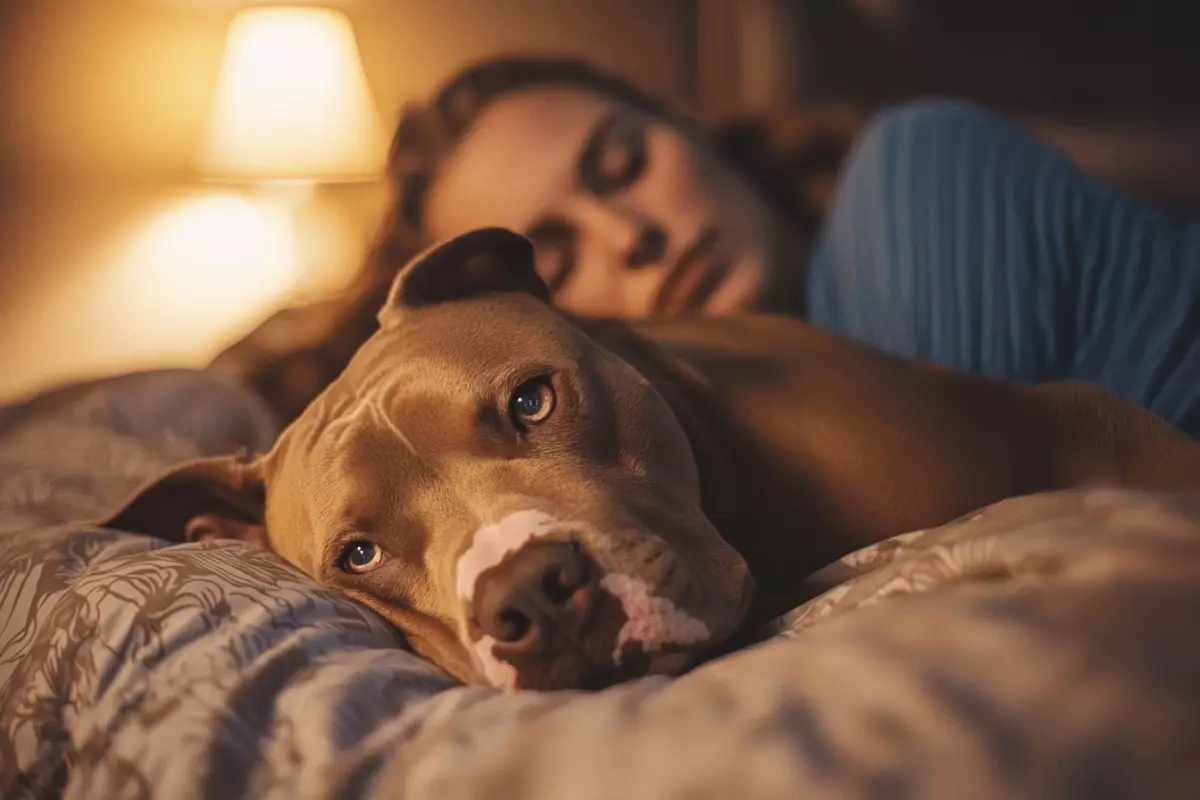Dogs have been known as man’s best friend for centuries, yet their true protective abilities often go unnoticed. Beyond providing companionship and joy, dogs instinctively take on the role of protectors, silently watching over their humans in many ways. While breeds like German Shepherds and Rottweilers are often associated with guarding, every dog possesses a unique blend of loyalty and alertness. This innate sense to safeguard their owners is prevalent in far more than just specific breeds: it resides universally in all canines, regardless of size or temperament.
Even when dogs appear to be asleep or lounging on the couch, their senses remain alert. Many dogs exhibit a sleep pattern that is half-awake; they can easily rouse themselves due to sudden noises or movements nearby. Their powerful auditory capabilities enable them to hear distant sounds that might go unnoticed by human ears, making them diligent watchdogs even in serenity. This instinctual behavior is particularly crucial at night when they shift into higher alertness, monitoring for potential disturbances at home.
One remarkable quality of dogs lies in their ability to perceive human emotions. They decode body language and vocal tones, often sensing fear, anxiety, or even happiness before spoken words reveal these feelings. When an unfamiliar person approaches, many dogs exhibit a protective stance, instinctively placing themselves between their owner and the perceived threat. This silent yet assertive action showcases their unyielding loyalty and readiness to defend.
Moreover, dogs are emotionally perceptive beings. Their natural empathy enables them to understand when their owners are feeling down or stressed. A gentle nudge, a comforting paw on your lap, or simply being closer during tough moments demonstrates their ability to provide solace. Studies indicate that being around dogs can help reduce levels of cortisol, the stress hormone. Their intuitive reactions encourage emotional stability, making them invaluable companions during challenging times.
Dogs operate within a sensory world that is extraordinarily rich compared to that of humans. Their keen sense of smell is a significant asset; they can detect changes in air quality, alerting their owners of potential dangers such as gas leaks or spoiled food. This ability has gone beyond mere household safety; some dogs have been trained to detect medical conditions such as diabetes or impending seizures, often alerting their owners before symptoms manifest.
Dogs not only react to immediate threats but serve as an early warning system against dangers that humans might overlook. Their instinctual behaviors often provide crucial support, acting as a bridge between the known world and possible hazards.
Apart from their protective instincts, dogs play a substantial role in promoting a healthier lifestyle for their owners. They require regular exercise, which often translates to more active humans. Walking a dog every day helps to combat issues related to obesity and heart health, fostering routines that might not otherwise be prioritized. This mutual benefit results in a reinforcing loop of health and companionship—dogs encourage us to exercise, and in return, we provide them with love and care.
The presence of a dog in a home naturally deters intruders. The simple act of barking can signal to potential burglars that a home is occupied, thus making it less appealing as a target. Dogs may not require extensive training to fulfill this role; their mere presence, along with an alert barking routine, can be enough to keep many dangers at bay. This proactive stance not only protects the household but serves to foster a sense of security for the entire family.
Dogs showcase an instinctual need to support their owners in various through their physical presence. Whether it’s providing comfort during illness or becoming increasingly vigilant in public spaces, they are often acutely aware of their owner’s wellbeing. Subtle protective movements, such as placing themselves between you and a threatening person or refusing to move when they sense unease, manifest this instinct profoundly.
Ultimately, the relationship between dogs and their owners goes beyond companionship—these creatures are indeed protectors in every sense of the word. From physical protection to emotional stability, they engage with their owners’ lives in ways that are both substantive and deeply meaningful. The next time your pup cuddles up beside you or stands firm during a moment of distress, recognize that they are hard at work, safeguarding not just your space but your heart as well.

